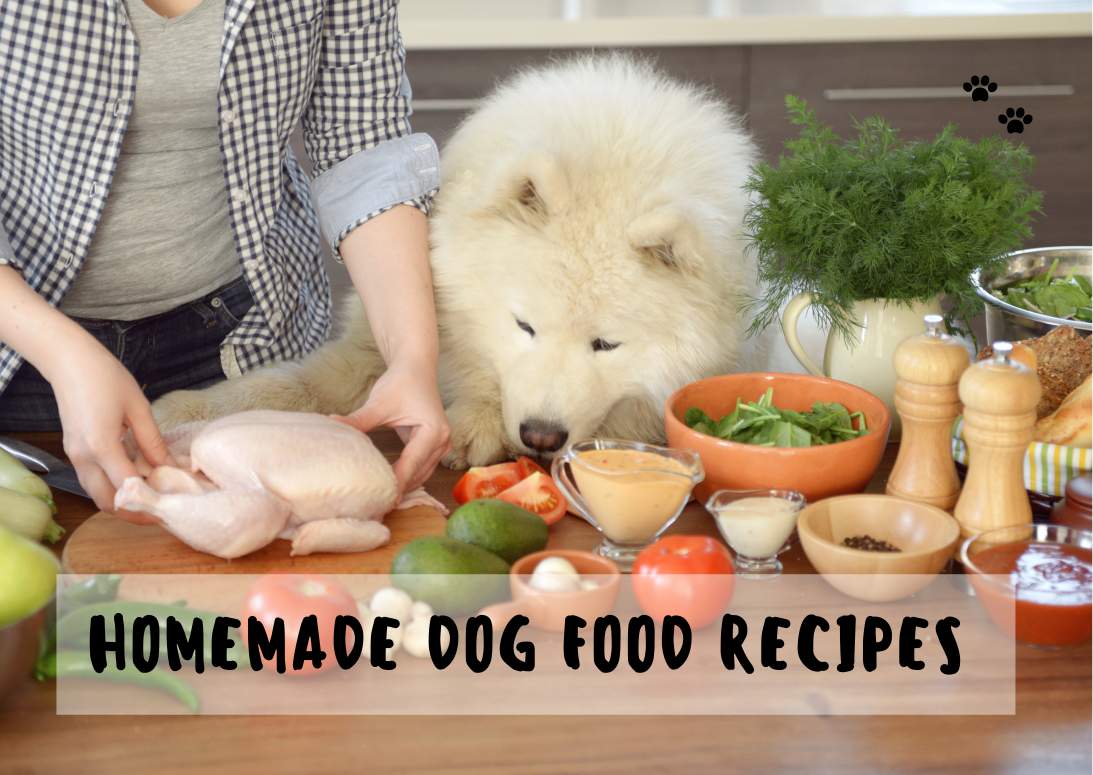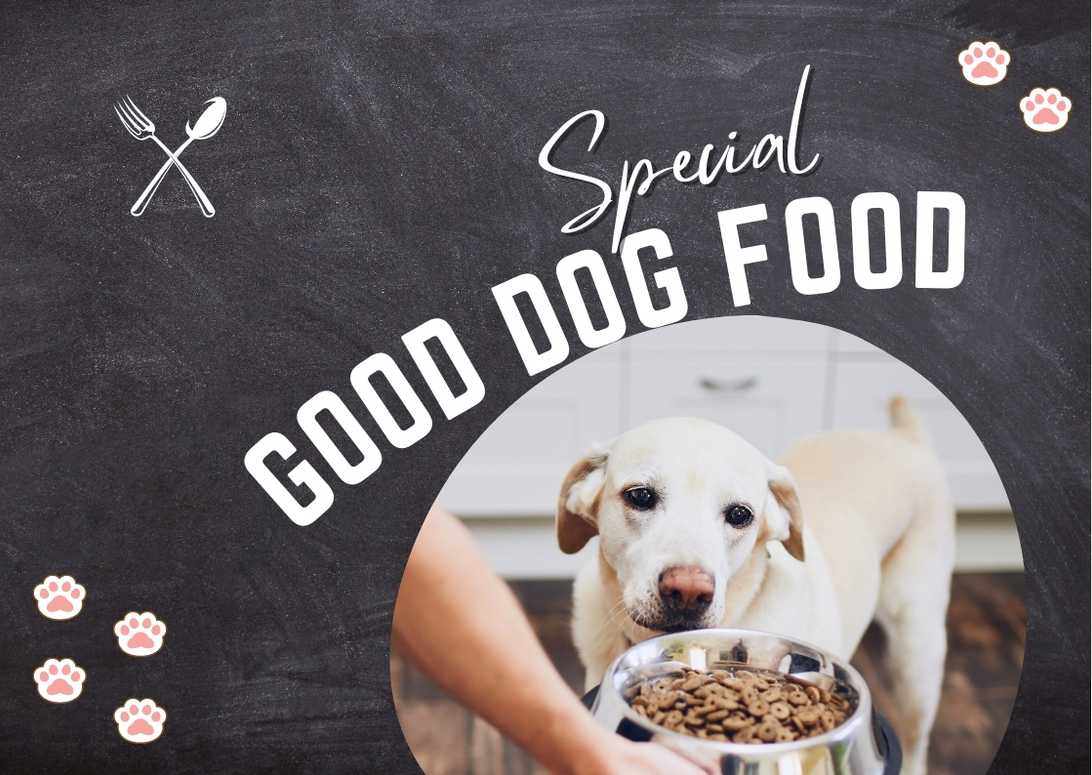Vet Approved Homemade Dog Food Recipes For Kidney Disease
As a dog owner, I understand the importance of finding the right diet for our furry friends, especially when they are facing kidney issues. That’s why I wanted to share with you some vet-approved homemade dog food recipes specifically designed for dogs with kidney disease.
These recipes have been carefully crafted to provide nutritious and delicious meals that cater to their unique dietary needs.
In this article, you will find three mouthwatering options to choose from. Whether it’s the Beef, Rice, and Green Bean Mash, the Simple Rice, Turkey, and Beef Meal, or the nourishing Beef and Beets recipe, these vet-approved recipes offer a variety of flavors to keep your dog satisfied while supporting their health.
By following these recipes and guidelines provided by vets, you can ensure that your beloved canine companion receives all the necessary nutrients they need without compromising on taste.
So let’s dive in and discover how we can provide our furry friends with wholesome meals that will make them wag their tails with delight!
1. Recipes for Kidney Disease
If your dog is suffering from kidney disease, a vet-approved homemade dog food recipe like beef and beets can provide essential nutrients while being easy on the kidneys.
Did you know that approximately 10% of dogs develop kidney disease at some point in their lives? It’s important to take steps to manage this condition and support your dog’s kidney function.
One way to do this is by preparing homemade meals that are specifically designed for dogs with kidney disease. These recipes focus on preventing dehydration, managing protein intake, controlling phosphorus levels, reducing sodium intake, and overall supporting the health of the kidneys.
By providing a balanced diet with these considerations in mind, you can help improve your dog’s quality of life.
Now let’s talk about the ingredients and preparation for these vet-approved homemade dog food recipes for kidney disease.
2. Ingredients and Preparation
When creating meals for dogs with kidney issues, it’s important to carefully select ingredients and prepare them in a way that promotes their overall health. These meal options should take into consideration their nutritional requirements and dietary restrictions.
It is recommended to choose low-phosphorus ingredients and limit the amount of sodium in their diet. Cooking methods such as boiling or steaming can help retain the nutrients while reducing the fat content. It’s also beneficial to incorporate alternative protein sources like turkey or fish instead of relying solely on beef. By being mindful of these factors, we can create homemade dog food recipes that are both delicious and suitable for dogs with kidney disease.
In addition to ingredient selection and cooking methods, portion control is another crucial aspect when planning meals for dogs with kidney issues. It’s important to consult with your veterinarian to determine the appropriate portion size based on your dog’s weight, activity level, and specific health condition.
Meal planning may involve dividing their daily intake into smaller portions throughout the day to prevent overloading their kidneys at once. By monitoring their weight and adjusting portion sizes accordingly, we can ensure that our furry friends receive the necessary nutrition without putting excessive strain on their kidneys.
3. Meal Planning
To ensure your furry companion’s well-being, carefully plan and portion their meals to meet their specific nutritional needs and prevent overloading their kidneys at once. Dogs with kidney disease have specific dietary restrictions and require a balance of nutrients to support their overall health. It’s essential to consult with your veterinarian to determine the appropriate nutritional requirements for your dog’s condition.
Protein sources should be limited and high-quality, such as lean meats like beef or turkey. Incorporating other ingredients like rice, green beans, or beets can provide additional vitamins and minerals while still being gentle on the kidneys.
Meal frequency is another important aspect of meal planning for dogs with kidney disease. Instead of feeding large meals all at once, it’s recommended to divide their daily food intake into smaller portions throughout the day. This helps prevent excessive strain on the kidneys by avoiding sudden spikes in blood urea nitrogen levels. Portion control is crucial to maintaining a healthy weight and managing fluid balance in dogs with kidney disease.
Transitioning into the subsequent section about ‘feeding guidelines,’ it’s vital to follow these meal planning strategies alongside specific recommendations from your veterinarian. By understanding your dog’s nutritional requirements, dietary restrictions, protein sources, meal frequency, and portion control, you can create a tailored meal plan that supports their kidney function without overwhelming it further.
4. Feeding Guidelines
Ensure your furry friend’s well-being by following these feeding guidelines for dogs with kidney issues. Kidney disease management is crucial in maintaining your dog’s health, and one of the key aspects is their diet. It’s important to meet their specific nutrient requirements while also practicing portion control.
Your vet may recommend a low-protein diet, as excessive protein can put strain on the kidneys. Therefore, it’s essential to provide them with high-quality protein sources such as lean meats like chicken or turkey. Additionally, incorporating carbohydrates like rice or sweet potatoes can help provide energy without overloading their kidneys.
In addition to proper nutrition, dietary supplements may be recommended by your vet to support kidney function. These supplements can include omega-3 fatty acids, which have anti-inflammatory properties that can benefit dogs with kidney disease. They may also suggest adding antioxidants such as vitamin E or C to help protect the kidneys from further damage.
Another vital aspect of feeding dogs with kidney disease is ensuring adequate hydration levels. Encouraging water intake is crucial since dehydration can worsen kidney function. You can try adding water to their meals or offering wet food options to increase their fluid intake.
By following these feeding guidelines and considering your dog’s specific needs, you’re taking an active role in managing their kidney disease. Providing a balanced and nutritious diet will not only support their overall well-being but also aid in slowing down the progression of the disease. Now let’s explore the benefits of homemade food for dogs with kidney issues without missing a beat!
5. Benefits of Homemade Food
Optimize your furry friend’s health and nourish their body with the wholesome benefits of homemade meals tailored for their kidney needs.
When it comes to feeding a dog with kidney disease, there are pros and cons to consider. On the positive side, homemade food allows you to have complete control over what ingredients go into your dog’s meals, ensuring that they receive optimal nutrition. You can choose high-quality proteins such as lean meats like beef or turkey, which are essential for muscle maintenance and repair. Additionally, incorporating nutrient-rich vegetables like green beans or beets provides vitamins and minerals that support overall health.
Another advantage of homemade meals is that you can customize the portions according to your dog’s specific needs. This is especially beneficial for dogs with kidney disease, as they often require a low-protein diet. By preparing their food at home, you can easily adjust protein levels while still providing balanced nutrition.
However, it’s important to note that there may be some challenges associated with cooking homemade meals for your pup. It requires time and effort in meal planning, preparation, and cooking. You also need to ensure that the recipes meet all of your dog’s nutritional requirements.
Considerations for kidney disease include monitoring phosphorus levels in the food as excessive amounts can worsen the condition. It is also crucial to consult with your vet regarding any dietary restrictions or additional supplements that may be necessary for managing kidney disease effectively.
By taking these factors into account along with the benefits of homemade food mentioned earlier, you can provide your beloved companion with a nutritious diet tailored specifically for their kidney needs while keeping them happy and healthy.
6. Considerations for Kidney Disease
Now that we’ve discussed the benefits of homemade food for dogs with kidney disease, let’s delve into some important considerations to keep in mind.
When it comes to dietary restrictions, it’s crucial to limit certain nutrients like phosphorus and sodium, as they can put additional strain on the kidneys. This means carefully choosing protein sources that are low in these elements, such as lean meats like beef and turkey.
Additionally, incorporating a variety of fruits and vegetables into your dog’s meals can provide essential vitamins and minerals while keeping their diet interesting.
Hydration is another key aspect to address when dealing with kidney disease. Ensuring your dog has access to fresh water at all times is crucial, but you can also include moisture-rich ingredients in their meals. For example, adding low-sodium broth or water to their food can help increase hydration levels.
To further support your dog’s health, supplements may be necessary. Omega-3 fatty acids, which can be found in fish oil or flaxseed oil, have anti-inflammatory properties that may benefit dogs with kidney disease. However, it’s important to consult with your vet before introducing any new supplements.
Lastly, monitoring your dog’s health is vital throughout their treatment for kidney disease. Regular check-ups with your veterinarian will allow them to assess how well the homemade diet is working and make any necessary adjustments.
Incorporating these considerations into your dog’s diet can help manage their kidney disease effectively while still providing them with tasty and nutritious meals tailored specifically for their condition.
Moving forward, let’s explore additional resources that can provide more information on homemade diets for dogs with kidney disease without missing a beat.
7. Additional Resources
Looking for more information on how to support your furry friend with kidney issues? Check out these additional resources that provide valuable insights on homemade diets tailored for their specific needs.
When it comes to meal alternatives for dogs with kidney disease, it’s important to consider their dietary restrictions and nutritional supplements. These resources can help you understand which ingredients are safe and beneficial for your dog, while also providing guidance on cooking methods and portion control.
One resource you may find helpful is a book called ‘Feeding Dogs with Kidney Disease: A Practical Guide.’ This book offers in-depth information on creating balanced and nutritious meals for dogs with kidney problems. It discusses the importance of using high-quality protein sources like lean meats, as well as incorporating low-phosphorus vegetables such as green beans or beets. Additionally, it provides recipes that take into account the specific nutritional needs of dogs with kidney disease.
Another valuable resource is an online community dedicated to supporting pet owners dealing with kidney disease in their dogs. These communities often have forums where members share their experiences and recipes that have worked well for their own pets. You can find discussions about meal planning, ingredient substitutions, and success stories from other dog owners who have successfully managed their pet’s kidney disease through homemade diets.
By exploring these additional resources, you can gain a deeper understanding of how to create suitable meal alternatives for your dog with kidney disease. Remember to consult with your veterinarian before making any significant changes to your dog’s diet, as they can provide personalized recommendations based on your pet’s specific condition and needs.
Frequently Asked Questions
Can homemade dog food completely replace commercial dog food for dogs with kidney disease?
Homemade dog food can provide nutritional benefits tailored to a dog’s specific needs in kidney disease cases. While cost comparison is important, taste preferences and transitioning tips should also be considered. Expert opinions support the efficacy of homemade dog food for dogs with kidney disease.
Are there any specific ingredients that should be avoided when preparing homemade dog food for dogs with kidney disease?
When preparing homemade dog food for dogs with kidney disease, it is important to avoid certain ingredients such as high phosphate foods, excessive salt, and organ meats. Protein sources should be limited and cooked methods should be gentle. Nutritional requirements differ from homemade to commercial diets.
How often should homemade dog food be prepared and served to a dog with kidney disease?
Homemade dog food for kidney disease should be prepared and served to a dog based on their specific needs, which can vary. The frequency of homemade dog food, benefits, tips, transitioning, and consulting a vet are all important factors to consider.
Are there any supplements or additives that can be added to homemade dog food to support kidney health?
The best supplements for kidney health in dogs include omega-3 fatty acids, probiotics, and cranberry extract. Homemade dog food recipes for urinary tract health can be beneficial, but it’s important to transition slowly. Balancing nutrients is crucial for overall kidney function.
Can homemade dog food recipes for kidney disease be modified for dogs with other health conditions?
Yes, homemade dog food recipes for kidney disease can be modified to accommodate dogs with other health conditions. By adjusting ingredients and portions, you can create a customized dog food replacement that supports their specific needs.
8. Conclusion
In conclusion, making homemade dog food recipes for dogs with kidney disease isn’t just beneficial, it’s also a great way to show your love and care for your furry friend.
While it may seem ironic that something as simple as cooking can have such a profound impact on their health, the truth is that these vet-approved recipes can make a world of difference. By providing them with nutritious meals tailored to their specific needs, you’re giving them the best chance at managing their condition and living a happy and healthy life.
So why wait? Grab those pots and pans, gather the ingredients, and start whipping up some tasty dishes for your pup today. Not only will they enjoy every bite, but you’ll also have peace of mind knowing that you’re doing everything you can to support their well-being.
Remember, with these homemade recipes in hand, you have the power to provide your beloved companion with meals that not only nourish their body but warm their heart as well. So go ahead and give it a try – your dog will thank you!








